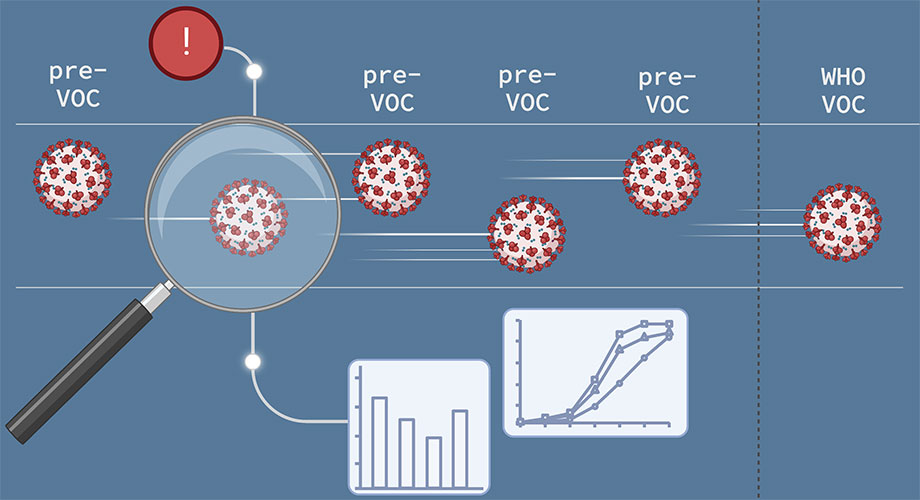Slashing Costs of Metal Alloys Needed to Jump-Start Crucial Chemical Processes
When you hear the word hydrogenation, you might think of Crisco or margarine — plant oils made thicker and more stable by adding hydrogen atoms. In fact, hydrogenation is a key process in a large number of industries, such as oil refining, where it is used to turn crude oil into gasoline.
Hydrogenation happens thanks to the presence of a catalyst — usually a metal, such as nickel or palladium, or an alloy — which allows the hydrogen atoms to bind with other molecules. Typically, metal alloys are mixtures of cheap common metals, such as nickel, and expensive precious metals, such as platinum or palladium. However, it is hard to produce alloys that are selective hydrogenation catalysts, which are able to attach the hydrogen atoms to specific sites on a molecule.
Now scientists at Tufts have found a way to create a selective hydrogenation catalyst by scattering single atoms of palladium onto a copper base. This catalyst requires less of the expensive metal, and the process is greener, too, offering potentially significant economic and environmental benefits.
Read more . . .
Bookmark this page for “hydrogenation catalyst” and check back regularly as these articles update on a very frequent basis. The view is set to “news”. Try clicking on “video” and “2” for more articles.
>










